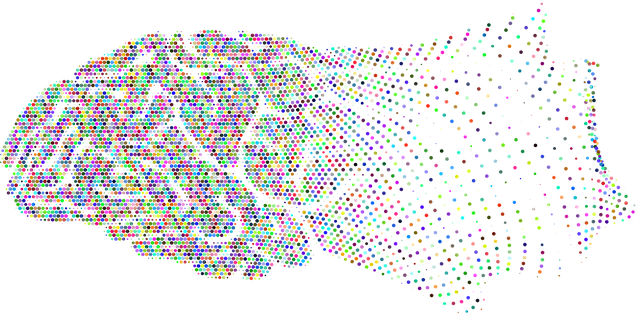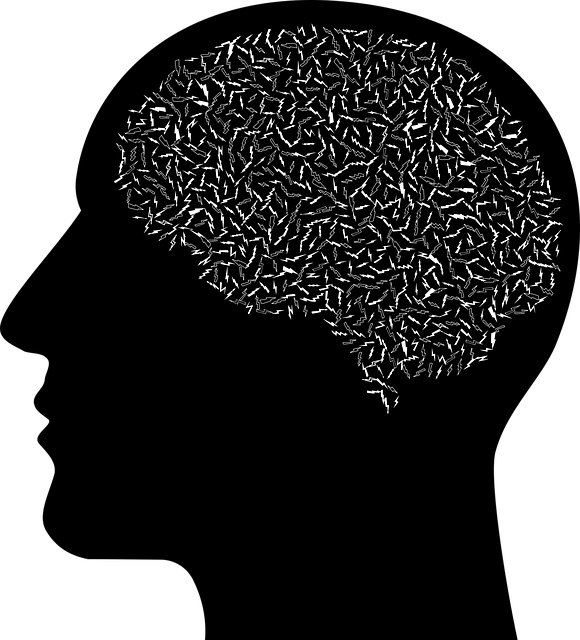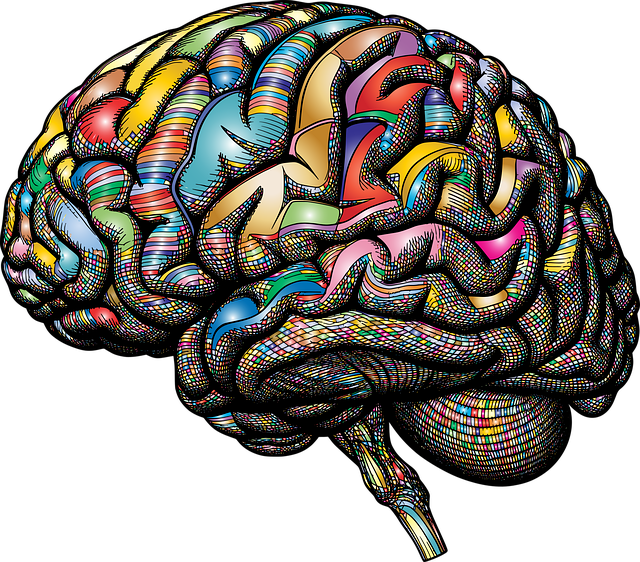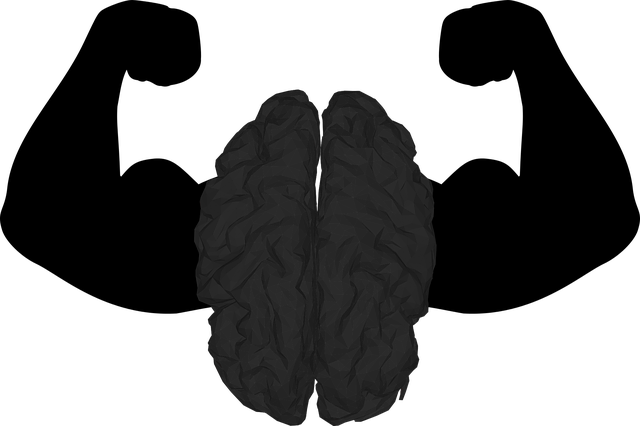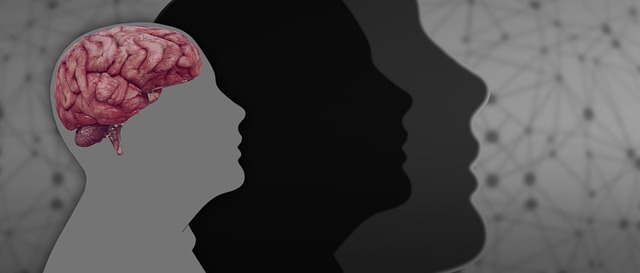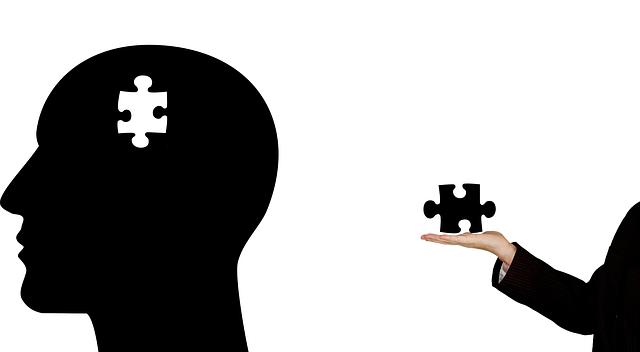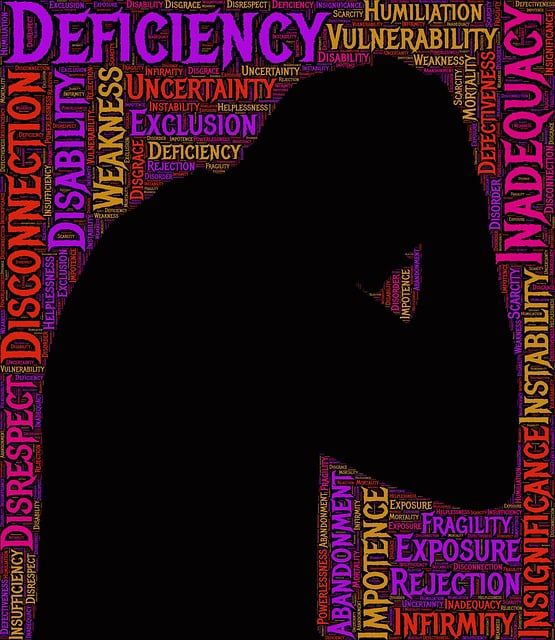Loss, grief, and bereavement are complex emotional responses requiring professional support, such as Broomfield Conduct Disorder Therapy. Understanding these stages is vital for effective counseling, which offers safe spaces to process intense emotions. Specialized therapy addresses underlying issues through crisis intervention and self-awareness exercises, helping individuals develop healthier coping mechanisms and navigate their emotional journeys after loss. By integrating self-care practices and anxiety relief techniques, this approach promotes long-term well-being and reduces stigma around mental illness. The ultimate goal is to empower clients to adapt to life after loss and thrive despite challenges.
Loss, grief, and bereavement are universal experiences that can profoundly impact an individual’s well-being. This comprehensive guide explores these complex emotions, offering insights into the healing process and available support systems. We delve into the role of counseling in managing sadness and trauma associated with loss, highlighting techniques such as Broomfield Conduct Disorder Therapy. By understanding these concepts, readers can access effective strategies for long-term resilience after a traumatic loss.
- Understanding Loss, Grief, and Bereavement: A Comprehensive Overview
- The Role of Counseling in Coping with Sadness and Trauma
- Broomfield Conduct Disorder Therapy: Addressing Underlying Behavioral Issues
- Effective Strategies for Long-Term Healing and Resilience After Loss
Understanding Loss, Grief, and Bereavement: A Comprehensive Overview

Loss, grief, and bereavement are complex emotional responses that encompass a wide range of feelings experienced after a significant death or profound change. Understanding these concepts is crucial for anyone seeking support during difficult times. Loss refers to the absence or detachment from something or someone valued, triggering a sense of void and sadness. Grief, on the other hand, is the emotional process one goes through when mourning the loss, often characterized by intense feelings like sorrow, anger, guilt, and loneliness. Bereavement describes the period following a loss, during which individuals adjust to their new reality and learn to cope with the absence of their loved ones. Recognizing these stages and their impact is essential for those considering Broomfield Conduct Disorder Therapy or other forms of counseling.
Effective communication strategies play a vital role in navigating these challenging situations. Healthcare providers, in particular, can employ burnout prevention techniques to support both patients and themselves during grief counseling sessions. By fostering open dialogue and offering empathy, professionals can help individuals process their emotions, enhance coping mechanisms, and find healthy ways to remember and honor their loved ones. Additionally, anxiety relief techniques may be beneficial for those struggling with intense grief, allowing them to manage stress and promote better mental health outcomes.
The Role of Counseling in Coping with Sadness and Trauma

Counseling plays a pivotal role in helping individuals navigate the complex landscape of loss, grief, and bereavement. It offers a safe and supportive space for processing deep emotions, memories, and the profound impact of trauma associated with the loss of a loved one. Through effective counseling, individuals can develop coping strategies tailored to their unique experiences, fostering resilience as they adapt to life without their significant other.
In cases where underlying mental health concerns, such as Broomfield Conduct Disorder, may exacerbate grief reactions, specialized therapy becomes even more crucial. Mental wellness coaching programs designed for bereavement can address not only the immediate shock and sadness but also the long-term challenges that arise from significant loss. By integrating self-care practices into these programs, individuals are empowered to reduce the stigma surrounding mental illness and cultivate healthier ways of managing their emotional well-being during and after a traumatic event.
Broomfield Conduct Disorder Therapy: Addressing Underlying Behavioral Issues

Broomfield Conduct Disorder Therapy offers a specialized approach to addressing complex emotional and behavioral issues stemming from loss, grief, and bereavement. This form of therapy recognizes that unprocessed trauma or underlying conduct disorders can manifest as unhealthy coping mechanisms in response to profound sadness and loss. By delving into these root causes, therapists equipped with Broomfield Conduct Disorder Therapy techniques help individuals develop healthier ways of expressing and managing their emotions.
Through a combination of crisis intervention guidance and self-awareness exercises, clients gain valuable tools for emotional regulation. This process involves exploring and challenging unhelpful patterns of behavior, allowing them to navigate the complexities of grief more adaptively. By addressing these behavioral issues, Broomfield Conduct Disorder Therapy empowers individuals to find solace and rebuild their lives following a significant loss.
Effective Strategies for Long-Term Healing and Resilience After Loss

Grief is a complex process that often requires professional guidance for long-term healing and resilience. Broomfield Conduct Disorder Therapy offers tailored support to help individuals navigate their emotions post-loss. Through evidence-based practices, therapists assist clients in developing coping mechanisms and building inner strength. This therapeutic journey involves exploring feelings, processing memories, and learning effective conflict resolution techniques to manage the pain associated with bereavement.
In addition, addressing underlying mental health concerns is vital for long-term well-being. Healthcare providers play a crucial role in promoting healing by offering culturally competent care and reducing stigma surrounding grief and mental illness. By integrating these strategies, individuals can foster resilience, find meaning in their experiences, and gradually adapt to life after loss, allowing them to thrive despite the challenges they’ve faced.
Loss, grief, and bereavement can profoundly impact an individual’s life, but with the right support, healing is achievable. This article has provided a comprehensive overview of these complex emotions, from understanding their causes to exploring effective coping mechanisms. We’ve highlighted the crucial role counseling plays in managing sadness and trauma, especially through innovative approaches like Broomfield Conduct Disorder Therapy, which addresses underlying behavioral issues. By combining this therapy with long-term healing strategies, individuals can develop resilience and navigate their grief journey with increased strength and clarity. Remember, seeking help is a sign of courage, and with the right support, it’s possible to transform sorrow into hope.
